Iberia canceled 444 flights in January due to an airport employee strike scheduled for January 5 to 8. These cancellations will affect 270 Iberia flights, 64 flights from Iberia's low-cost subsidiary, Iberia Express, and 110 flights from regional carrier Air Nostrum. The strikes coincide with Epiphany on January 6, a public holiday in Spain honoring three major events in Jesus Christ's early life. Passenger traffic is expected to face significant disruptions as Epiphany marks the end of the Christmas season in Spain.
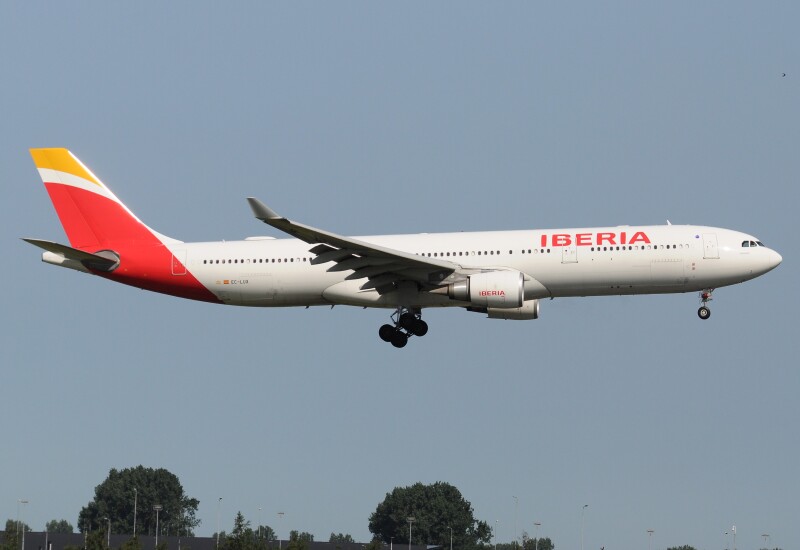
Why Are Airport Employees Going on Strike?
Spain's two largest labor unions, Unión General de Trabajadores (UGT) and Comisiones Obreras (CCOO), will lead the strikes. The strike aims to resolve a labor dispute concerning employees losing handling licenses at major Spanish airports after ground service employees received a new manager in September. Spain's state-owned airport authority, Aena, hired new contractors for services that Iberia once provided to airports through its employees. The new contractors' commitments to retaining employees and providing good working conditions were insufficient for the airport workers because they did not want new managers. This decision significantly impacts Spain's aviation industry since Aena owns over 40 Spanish airports.
How Will the Strike Affect Flights and Travel Plans?
The flight cancellations will disrupt travel plans for 45,641 passengers as people return to work after the Christmas holiday. Flights were canceled at 29 airports across Spain, including Iberia's hubs at Madrid-Barajas Airport (MAD) and Barcelona-El Prat Airport (BCN). Despite the hundreds of reported cancellations, 76% of Iberia's scheduled flights are still expected to operate at their scheduled times, including all of the airline's long-haul flights. The canceled Iberia flights were domestic routes or flying within the European Union. Iberia Express and Air Nostrum will still operate 88% and 72% of their flights as scheduled, respectively.
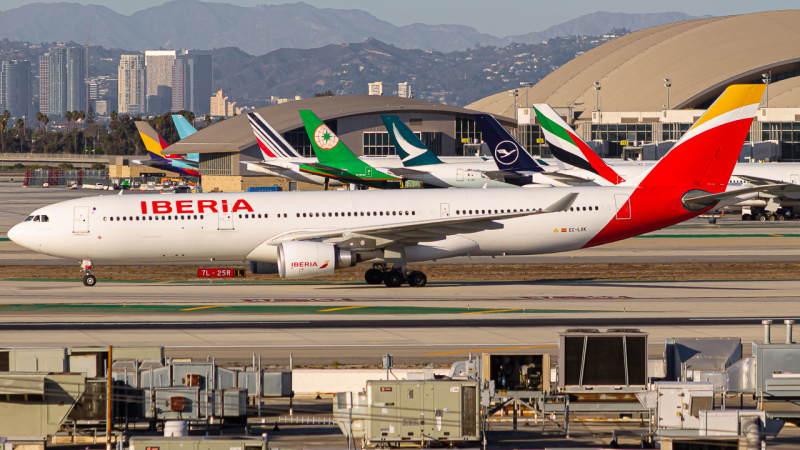
Passengers who booked flights scheduled to depart between January 5 and 8 can request changes or refunds for canceled flights. Customers with flights that have yet to be canceled can also change their travel dates or request flight vouchers to avoid potential chaos. Although passengers who are unable or unwilling to change their itineraries can still fly, Iberia advises them to check in online and arrive at the airport earlier than usual amid anticipated disruptions.
The strike will have a minimal impact on passengers traveling outside the European Union since long-haul international flights will still operate. Iberia operates these routes to destinations across Africa, the Americas, and the Middle East from its Madrid hub. Direct flights to Asia will return in October 2024 with the resumption of service to Narita International Airport (NRT) in Tokyo. That said, domestic and European travelers on certain routes will face hardships when returning home from their holiday trips.
Strikes Becoming Synonymous With European Aviation
Employee-led strikes have become a major component of the aviation industry in recent years. Strikes involving airport workers, including air traffic controllers and baggage handlers, occurred several times in 2023 in Europe alone. Collective bargaining events have affected major European airports, including London Gatwick Airport (LGW) and Paris Orly Airport (ORY). Labor unions usually schedule their strikes during periods with high passenger traffic, such as the summer and winter holidays. Airport employees are expected to continue demanding better pay and working conditions in 2024 based on the level of activity seen in 2023.
Export Development Canada Secures Aircraft Repossession in Nigeria Under Cape Town Convention » Emirates Dismisses Viral A330 Plane Crash Video as "Fabricated and Untrue" » Thousands of Flights Impacted as Winter Storm Blair Hits U.S. »
Comments (0)
Add Your Comment
SHARE
TAGS
NEWS Iberia Iberia Spain Spain Cancellations Strike Labor Protest Cancelled Flights Cancel Schedule DisruptionsRECENTLY PUBLISHED
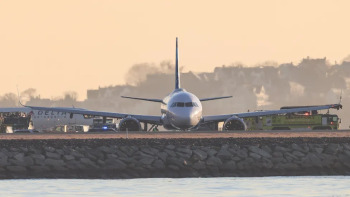 Could You Survive a Plane Crash? The Unlikely Science of Plane Crash Survival
With air travel consistently being heralded as the safest form of public transport, most of us do not board a plane pondering our chances of survival in the event of a crash. But, is it possible to survive one?
INFORMATIONAL
READ MORE »
Could You Survive a Plane Crash? The Unlikely Science of Plane Crash Survival
With air travel consistently being heralded as the safest form of public transport, most of us do not board a plane pondering our chances of survival in the event of a crash. But, is it possible to survive one?
INFORMATIONAL
READ MORE »
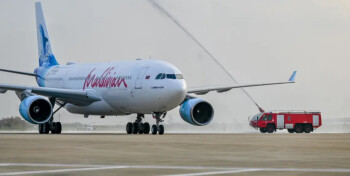 Maldivian Airlines Introduces First-Ever Widebody Aircraft, Plans New China Flights
Maldivian, the government-owned national airline of the Maldives, has just welcomed its first-ever wide body aircraft: the Airbus A330-200. With the new aircraft, the carrier also plans brand-new long haul international flights to China.
NEWS
READ MORE »
Maldivian Airlines Introduces First-Ever Widebody Aircraft, Plans New China Flights
Maldivian, the government-owned national airline of the Maldives, has just welcomed its first-ever wide body aircraft: the Airbus A330-200. With the new aircraft, the carrier also plans brand-new long haul international flights to China.
NEWS
READ MORE »
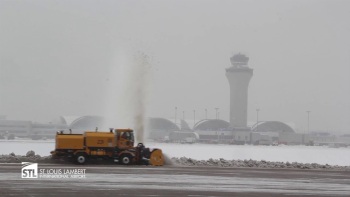 Thousands of Flights Impacted as Winter Storm Blair Hits U.S.
Winter Storm Blair has unleashed a huge blast of snow, ice, and freezing temperatures across the Central and Eastern United States.
As of Sunday afternoon, over 6,700 flights and counting have been disrupted. This includes cancelations and significant delays leaving passengers scrambling to change flights and adjust travel plans.
NEWS
READ MORE »
Thousands of Flights Impacted as Winter Storm Blair Hits U.S.
Winter Storm Blair has unleashed a huge blast of snow, ice, and freezing temperatures across the Central and Eastern United States.
As of Sunday afternoon, over 6,700 flights and counting have been disrupted. This includes cancelations and significant delays leaving passengers scrambling to change flights and adjust travel plans.
NEWS
READ MORE »





